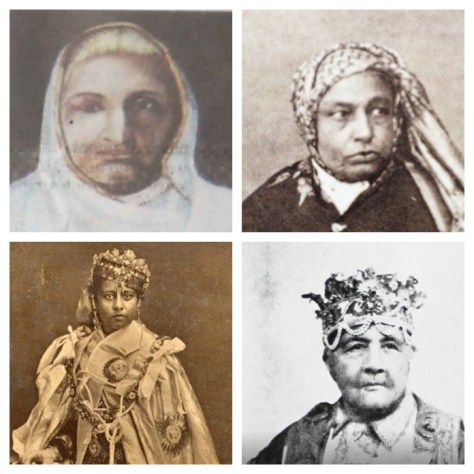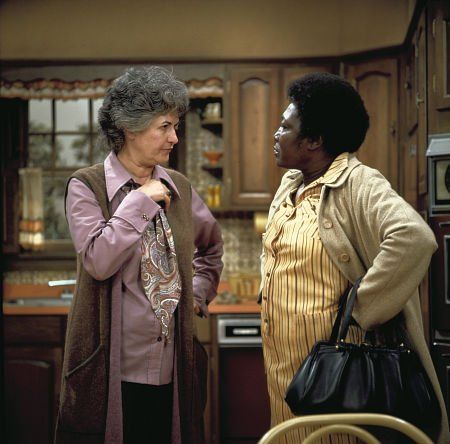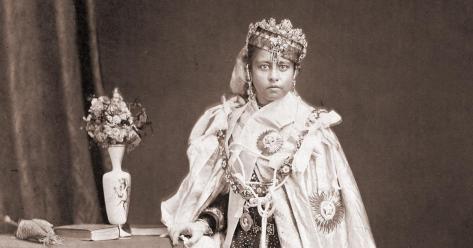
INTRODUCTION
In early 2000, Shahryar Khan was appointed the chairman of the Pakistan Cricket Board (PCB) and it was to my usual bitter disappointment that once again, the committee decided to elect an individual who had no experience in the field of cricket. In those times, I came to know that he was a diplomat. He couldn’t tolerate the situation of Pakistan cricket after that infamous Oval test and Younis Khan’s refusal of captaincy. A decade later, Shahryar Khan was appointed the chairman again.
Back in 2017, when Shahryar Khan left the position as the chairman of the Pakistan Cricket Board, I was googling him and found out that he was born in Bhopal. I further discovered that besides sports and a political career, he is an author. And one of the titles of his book that stroke the cord was the name, The Begums of Bhopal.
Being an ardent book reader and history aficionado, I gradually paced up digging about why a Bhopal-born octogenarian in Pakistan wrote about the wives of Bhopal. My eyes widen when I found out that Shahryar Khan belongs to some royal family who ruled Bhopal state for 241 years. But the most riveting part was that out of 241 years, his four female ancestors ruled for 107 consecutive years.
After understanding such a ravishing part of history, my honest feeling was that after learning so much about history, I was an ignorant fool not to have an inch of enlightenment about this. And it is a sad part, most of us have lost the hunger or enthusiasm to learn about one of the oldest civilizations. There is so much treasure of knowledge and the history of Bhopal is just a branch of it.
Curiosity bore so many questions about the book. The two most critical questions were that how come the Pathans ruled a state for more than two centuries where the Hindus dwelt in the majority? How come not one but four ‘Muslim’ ladies ruled a state in nineteenth-century India for more than one hundred years?
A brief introduction, nine chapters, an epilogue, and some drawings, appendixes, and some assessments of this book enrich you with the most precious detailing about the state’s history. Thanks to British India Office Records that preserves many scores of letters, documents, drawings, photographs, and history books that maintain the accurate information about the history of yore. Plus, dozens of books also assisted in shaping a proper history guide.
THE DYNASTY
AN AFGHAN IN BHOPAL
The foundation of the princely state was laid by the traveler from Tirah, Dost Mohammad Khan of Mirazi-Khel clan of the Orakzai tribe when he joined Aurangzeb’s army and soon took control of Malwa, the region where the Gonds and the Bhils were the original and indigenous inhabitants.
Dost began to provide protection and made his presence stable in the region. In a few years, he persuaded his clan in Tirah to move and join him. As a result, fifty of his clan people along with his father, five brothers, and his wife Mehraj Bibi traveled from Tirah to Berasia. Thus, the Mirazi-Khel tribe became the pioneer settlers of Bhopal and were called the Barru-kat Pathans of Bhopal. With the steady progress of the Bhopal village that turned into a city, Dost became the first Nawab of Bhopal.
RIVALRY WITH THE MARHATTAS
The direct descendants of Dost continued to dominate and led the state with their leadership and faced many rivalries with the neighboring states. In the eighteenth century, the Marhatta Empire made attempts to take the control of Bhopal. First Peshwa Bajirao, then his son Nana Saheb Balaji Rao, then Raghuji Bhonsle.
In the 19th century, Bhopalis faced the toughest times when Scindia of Gwalior and Bhonsle of Nagpur along with their army strength of 82,000 sieged Bhopal. Dost’s great-grandson Wazir Mohammad Khan successfully led the defense of an army strength of only 11,000 that included the Rajput allies, Sikh mercenaries, and the Pindaras of Tonk. I took a special interest in the detailing of this siege because this was the most important battle in their history where the lives of Bhopalis and the fate of Dost’s family and legacy were at stake. I have written a separate 2-part blog about the Siege of Bhopal that you can read here:
- https://atomic-temporary-52124787.wpcomstaging.com/2018/12/21/the-siege-of-bhopal-1812-first-part/
- https://atomic-temporary-52124787.wpcomstaging.com/2019/01/07/the-siege-of-bhopal-1812-last-part/
THE BEGUMS: QUDSIA & SIKANDAR

A decade after the Siege of Bhopal began the rule of female rulers of the Bhopal dynasty starting from Wazir’s daughter-in-law and 5th Nawab Ghous Mohammad Khan’s daughter, Qudsia Begum. The arrival of women’s rule to the state turned the fates of Bhopalis as the state began to progress and Dost’s legacy continued to influence.
Amongst her vital contributions as the state leader was buying lodges in Makkah and Madinah for Bhopali pilgrims, and employing David Cook to construct a pipeline to provide her people free drinking water. She provided funds from her personal account to construct a railway station.
When Qudsia’s daughter Sikandar Begum took control and became the second begum to rule, she left no shades of their golden legacy behind but gave more reasons to believe why the begums of Bhopal were to be trusted as their supreme leader.
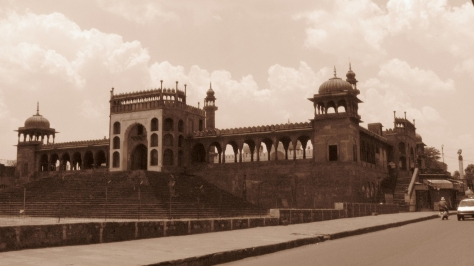
In Sikandar’s era, postal service started, a police force was formed, and constructed a treasury and a mint for the local production of coins and currency. Sikandar also constructed a hospital and a few dispensaries and invited Hakeems from all the states to settle down in Bhopal. To transform the royal household into religious intellectuals, Sikandar invited Yemeni scholars to teach them Arabic, Hadiths, and the holy book of the Quran. When it comes to her religious contributions, Sikandar introduced Majlis-e-Shoora that passed 134 laws during her reign.
Sikandar holds the distinction for working for harmony between Muslims and Hindus by constructing mosques and serais for them. She also appointed an Accountant General who would check the waste and corruption. Urdu became Bhopal’s official court language, previously it was Persian.
THE BEGUMS: SHAHJEHAN & SULTAN JAHAN

The third begum Shahjehan, Sikandar’s daughter, brought more reforms into the system. The postal and police services that were initiated in her mother’s reign, were modernized. The revenue system was improved. Shahjehan also constructed a jail, a dam, and a proper arsenal for the state’s artillery.
Shahjehan’s daughter and the last Begum of Bhopal, Sultan Jahan faced a lot of challenges when she sat on the throne. Only 40,000 rupees were left in the treasury to run the state. Bhopal’s political system was on a razor edge and the economy was compromising thanks to her step-father Siddiq Hassan whose incompetent leadership resulted in social and economic corruption and despite sharp criticism by the British, Shahjehan preferred to defend him.
Sultan Jahan’s era was the symbol of promise and in the first ten years of rule, she built hope, faith, and future for her people. Despite being very religious and conservative, Sultan Jahan brought educational reforms, liberalism, and modernization to Bhopal.
Sultan Jahan improved systems in taxation, irrigation, agriculture, armed forces, police, jails, judiciary, and public works. She initiated municipality elections that upgraded sanitation, hygiene, and supplying tax-free water. In her era, Bhopali women found their voice in Begum. They were encouraged to join the Bhopal Ladies Club. The technical institutes were opened to teach them embroidery, handicraft, and needlework. She became the first chancellor of Aligarh Muslim University that helped in raising the bar for education, especially for girls.
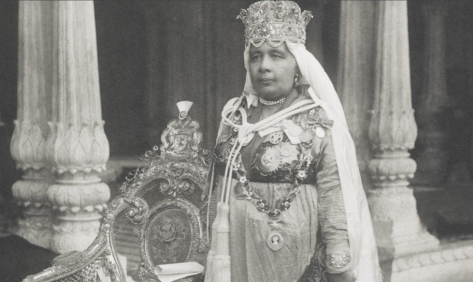
Four ladies from Dost Mohammad Khan’s bloodline ruled the state for over a century and laid a solid foundation of discipline, faith, courage, commitment, integrity, and self-belief. We do not find any such example of political dominance and ideal leadership where women ruled keeping the peace between people of different faiths, stayed loyal with the British, and brought numerous social, political, and economic reforms in political history.
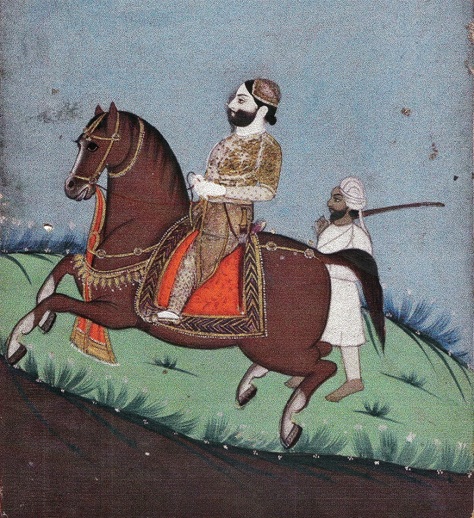
My book review will be incomplete without mentioning the Bourbons of India, the French connection to the Bhopal Dynasty; the descendants of high-born nobleman Jean-Phillipe de Bourbon de Navarre. They were the superior loyalists to the dynasty for generations that fought and defended a few battles and supported them at every cost.
MY FAVORITE LEADERS
Amongst all the leaders of the dynasty written in the book, my favorite leaders were Mamola Bai, Qudsia Begum, Wazir Mohammad Khan, and Sultan Jahan Begum. I found them more distinguished and their leadership more propelling because they all encountered challenges and tackled them successfully.
Before the 19th century witnessed Bhopal being ruled by four ladies, Mamola Bai was the first significant woman in Bhopal’s political history. She was a Hindu but first, she was the wife of the first Nawab Yar Mohammad Khan, and Dost’s daughter-in-law, who ruled the state for 50 years. She faced a tough time from the opposition who was Yar’s own brother Sultan who wanted to sit on the throne. But she invoked Islamic legitimacy in favor of Yar’s son Faiz against the claims.
The British Empire’s connection to Bhopal state began with Mamola Bai when she warmly welcomed General Goddard in 1778. Abdul Qadir Jilani’s direct descendant Pir Ghous Ahmad Shah Jilani formally declared her Rabia Basri II, the author’s mother Abida Sultan held the custody of the formal attestation of this declaration.

The point where Qudsia Begum impressed me the most was when she unveils her burqa in front of all the family members, contenders to the throne, qazi and mufti, and reads her husband’s will. These were the times when Dost’s male descendants were fighting for the throne and then, this 19-year-old Qudsia, pregnant with her second child, announces her regency and begins the century-old era of women’s dominance over the state.
The dazzling aspects of Sultan Jahan Begum lie in her leadership that turned the fates of the Bhopalis, especially women. Plus, she cleaned the mess made by her step-father Siddiq Hassan who made a lot of damage in corrupting the economic and political situation of the state.
But my favorite amongst all the leaders of this Bhopal dynasty is Wazir Mohammad Khan, the true defender of the state. He is the one who protected the state falling in the hands of the Marhattas, twice. Once, Wazir along with Ambapani’s Jagirdar Kuli Khan with 1000 tribesmen defeated Sironj governor’s General Bala Rao Anglia of Gwalior, Raghuji Bhonsle of Nagpur, Pindara Amir Khan of Tonk with 40,000 force. And the second time, he courageously defended Bhopal’s siege against Marhatta’s heavy army force of 82,000. The four Begums would have never led the state if Wazir’s gallantry never existed.

AUTHENTICITY
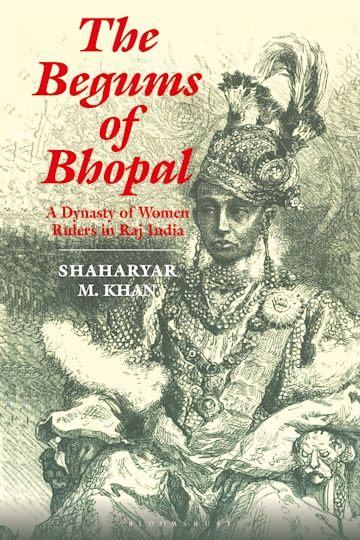
The Begums of Bhopal guarantees history check and authentic detailing because of the four vital factors. One is that Shahryar Khan had his mother Abida Sultan’s library in hand that preserves books, documents, and rare manuscripts. Two, he had access to the British library where he scoured through confidential reports about the state by the-then British civil servants.
Three and the biggest factor that distinguishes this book from any history book a historian may have written in the past two centuries is that Shahryar gained direct knowledge about his ancestors through his mother’s tape recordings that recorded her impressions of the state’s history as related to her by her grandmother Sultan Jahan Begum, the fourth and final Begum of Bhopal. On the tape, the grandmother, old civil servants, and family members spoke in detail about their time and even recalled the time of Sikandar Begum’s golden era when she ruled Bhopal in the mid-nineteenth century.
And four, the book discourages to be quintessential or overpraise the pride of his ancestors. The book refuses to deceive the readers by exaggerating the details of their greatness of being the most ideal of all Bhopalis. The book highlights the state’s leadership that went in good and bad hands. The book stamps an unbiased history of centuries-old rulership where the author details the rights and wrongs of Bhopal’s leadership in safe and unsafe hands.
The golden example of the book’s historical authenticity is writing about one of his ancestors who sold his rank and Bhopal’s fate for his comfort and pleasure, Ghous Mohammad Khan, father of the first Begum of Bhopal, Qudsia Begum. Then there was Siddiq Hassan, the third Begum Shahjehan’s second husband, whose leadership in Bhopal raised questions in Bhopal and the British.
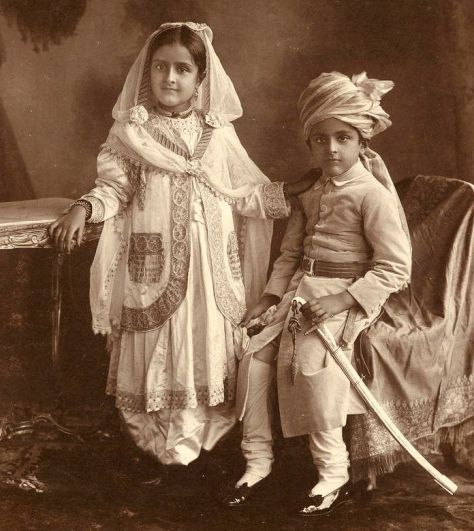
The author also holds no tolerance in courageously detailing the clashes in the royal family, complicated mother-daughter relation between Shahjehan Begum and Sultan Jahan Begum. The author was also not shy of speaking about the speculation of a romantic affair between Qudsia Begum and Shahzad Masih. Qudsia Begum disallowing to transfer her power of authority to her son-in-law is also spread in pages. The point of highlighting all of this is that the author pens the history of his ancestors in an impression that the Bhopal state and its people went through changes in the period of the leadership of their dynasty that resulted in good and bad outcomes. People lost their lives in their battles but also trusted for the reforms they made.
The author neither shows any pride nor does he write any respective names as his relatives but he broadly commentated their stories. You will not observe any page where he calls his relatives in person but rather speaks their names. He mentions himself in the epilogue but only writes his name. The preface is the only part where the author personally speaks and writes ‘I’.
CLOSING REMARKS
I began to read The Begums of Bhopal back in March 2018. The knowledge was so driving that I began to prepare notes and draw myself the lineage of the princely state. Although, the drawing is there in the book, but for me, it was helpful to update all the lines with the completion of chapters I read. This book made a lot of reading intervals due to my own mid-life crises. But with a strong will, I have finished reading this book by the end of 2021.
The beauty of reading this book is that you grow with the timeline from Dost Mohammad Khan’s arrival in Malwa in 1707 to Hamidullah Khan’s succession of the throne in 1926. It is like if you are watching the American television show Roots and following Kunta Kinte’s descendants. This book deserves a television series with an extremely huge production budget, and I wish if this ever happens. Because this part of history needs to be told.
To all the readers who seek knowledge about the tareekh-e-Hindustan, The Begums of Bhopal is a part of it. A lot of information about India’s ancient history has not reached the internet; that makes me think that there is still a lot about the past to reach us. Gain it, treasure it, before all these cannons go further missing.
